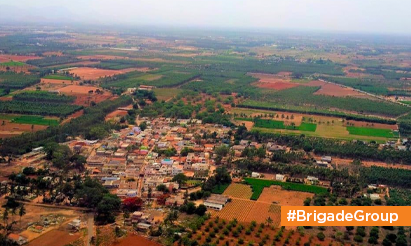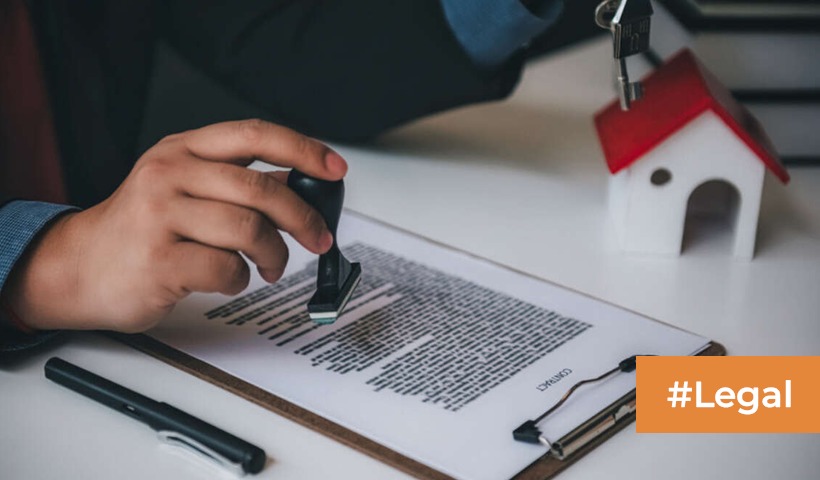How Can I Register a Property in Chennai?
Registering a property is an essential step when buying or selling property in Chennai. It is a legal requirement under the Indian Registration Act, 1908, and the registration process is governed by the Registration Department of Tamil Nadu. In this article, we will discuss how to register a property in Chennai.
Step 1: Verification of Documents
The first step in registering a property in Chennai is to verify the property documents. The documents required for property registration include sale deed, property tax receipt, encumbrance certificate, and NOC from the concerned authorities. It is crucial to ensure that all the documents are in order and that there are no discrepancies before proceeding with the registration process.
Step 2: Stamp Duty and Registration Fee Payment
The next step is to pay the stamp duty and registration fee. The stamp duty is a tax that is levied on the property transaction, and it varies based on the property’s value. The registration fee is the fee charged by the government for registering the property. The stamp duty and registration fee can be paid online or offline, and the payment receipt should be kept safely as it will be required during the registration process.
Step 3: Appointment with the Sub-Registrar
After the stamp duty and registration fee payment, an appointment must be scheduled with the Sub-Registrar. The appointment can be scheduled online or by visiting the Registration Department’s office. It is essential to carry all the original documents and their photocopies, along with the payment receipt, to the appointment.
Step 4: Document Verification and Registration
During the appointment with the Sub-Registrar, the documents will be verified, and if everything is in order, the property registration process will be initiated. The Sub-Registrar will witness the signing of the sale deed by both the buyer and seller, and the sale deed will be registered in the government’s records. The buyer will be provided with the original sale deed and other relevant documents.
Step 5: Collecting the Encumbrance Certificate
After the property registration process is complete, the buyer can obtain the Encumbrance Certificate from the Sub-Registrar’s office. The Encumbrance Certificate is a legal document that states that the property is free from any encumbrances, such as mortgages, liens, or legal disputes.
In conclusion, property registration in Chennai is a crucial step that must be undertaken by property buyers and sellers. The registration process can be completed by following the steps mentioned above, and it is essential to ensure that all the documents are in order before proceeding with the registration process. Once the property is registered, the buyer can rest assured that the property is legally theirs and that there are no legal disputes associated with it.
Disclaimer: The views expressed above are for informational purposes only based on industry reports and related news stories. PropertyPistol does not guarantee the accuracy, completeness, or reliability of the information and shall not be held responsible for any action taken based on the published information.




